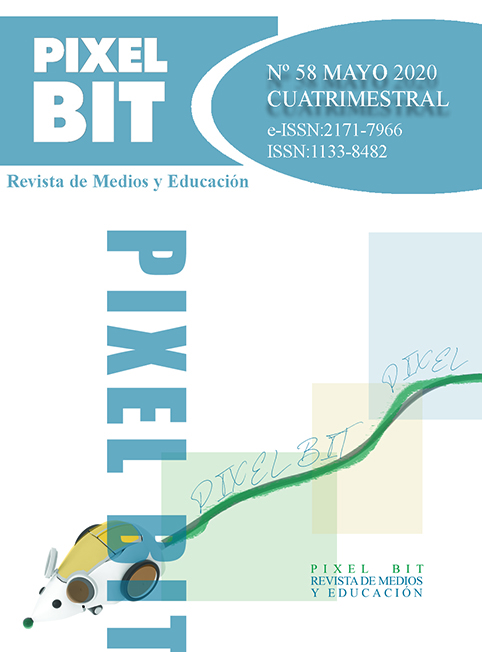Abstract
This quantitative research aims to analyze the perceptions of students about the use of Facebook and Twitter in the educational context through data science and machine learning. The participants are 89 students from a university located in Mexico City. The results of machine learning with 50%, 60% and 70% of training (linear regression) indicate that the web interface of Facebook and Twitter favor communication, dissemination of content and teaching during the educational process. Likewise, data science allows the construction of 6 predictive models on the use of Facebook and Twitter in the educational context through the decision tree technique. Finally, social networks such as Facebook and Twitter allow transforming the educational context, innovating school activities, create new educational virtual spaces and improving teachinglearning conditions in the 21st century.

